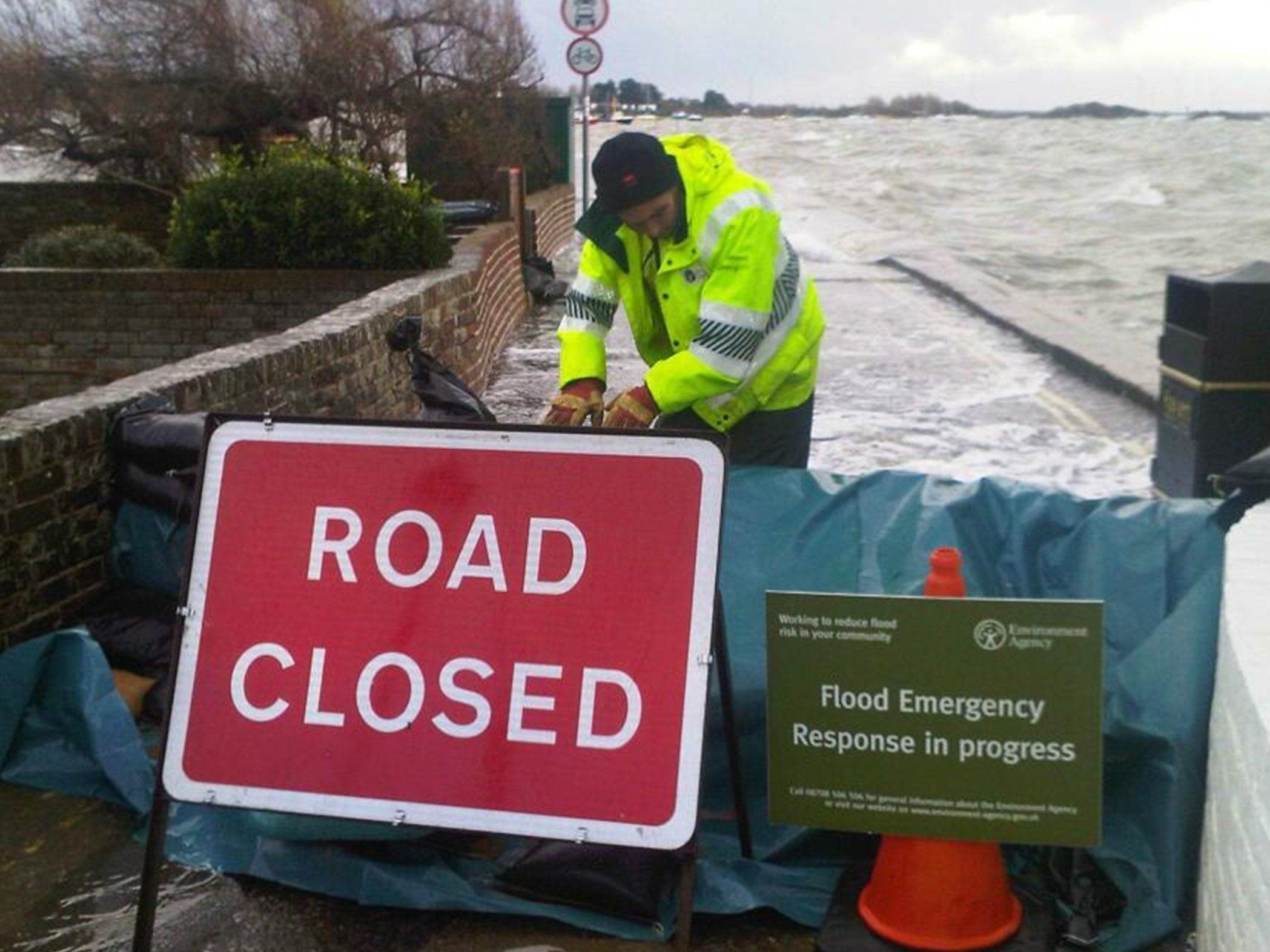The VCS Emergencies Partnership (EP) was created in 2018 in response to a series of major incidents the previous year, including the Grenfell Tower fire, terror attacks in Manchester and London, and rural flooding across the country.
It was recognised that improved coordination between voluntary and community sector (VCS) organisations and public sector partners was needed to better understand and support communities during emergency responses.
The EP provides the VCS, emergency services, local councils and other important partners with opportunities for connection and collaboration - before, during and after emergencies - so people and communities are always at the heart, from the start.
The result is a growing and diverse ‘network of networks’ - a community of organisations, each with their own networks, committed to working together to better understand the needs of communities and offer informed and personalised support to those affected by emergencies.
We are hosted by the British Red Cross, who provide us with a range of support including IT, HR and systems and are co-chaired by the National Association for Voluntary and Community Action (NAVCA) and the British Red Cross.
Our history, at a glance
2017
Grenfell Tower fire, terror attacks in Manchester and London, and rural flooding across the country.
2018
The VCS Emergencies Partnership is formed:
15 partners came together based on learning that the sector needed to offer more coordinated support to those impacted by emergencies.
2019
Whaley Bridge dam:
Shared communication and situational awareness.
2020
Stranded HGV drivers in Dover:
Connected organisations who supported lorry drivers who were stranded in Dover following the closure of the port.
COVID-19 pandemic:
The Emergencies Partnership received significant funding from the Department for Culture, Media and Sport (DCMS) leading to the establishment of a dedicated partnership team. We also:
Set up multi-agency cells across England to share intelligence, resources and best practice.
Launched the National Volunteering Coordination Cell to respond to requests for volunteers.
Held weekly national network calls to share insights and real time response information.
You can read more about our COVID-19 response in our 2020/2021 Impact Report (PDF).
2021
Storm Christoph:
Coordinated for volunteers to assist with evacuation.
Launched Risk Indicator Portal that used flooding data to provide live information and planning assistance.
COVID-19 pandemic:
Coordinated support at testing and vaccination centres.
Connected partners with those working with at-risk communities.
Created new tools to help VCS groups map issues and develop appropriate responses.
2021
Afghanistan evacuation:
In August 2021, the Emergencies Partnership helped to coordinate the immediate support and following care for arrivals into the UK from Afghanistan.
You can read more about this response in our 2021/2022 Impact Report (PDF).
Storm Arwen:
Shared situational awareness and coordinated community activation.
2022
Storms Eunice and Franklin:
Shared situational awareness and information with partners in real time.
Coordinated community activation.
Omicron variant (COVID-19):
Coordinated support at vaccination centres administering booster jabs.
Conflict in Ukraine:
As the conflict began, the EP started preparedness planning for the anticipated arrival of refugees. We also:
Held weekly national network calls to share insights and real time information.
Aided the development of the Homes for Ukraine scheme.
Prepared for downstream impacts (cyber security and exacerbation of food/fuel poverty).
You can read more about this response in our 2021/2022 Impact Report (PDF).
2023
Cost-of-Living crisis:
Focused our events and channels on the crisis, sharing insight and best practice.
Connected central government and grassroots VCS organisations with funding.
You can read more in our Tipping Point: The Cost-of-Living Crisis report.
Sudan evacuation:
Drew on learning from previous responses.
Connected emergency response organisations to Sudanese community leaders who provided Arabic-speaking volunteers to support evacuees.
2023
Israel/Occupied Palestinian Territories (OPT) conflict:
Engaged with partners supporting impacted communities in the UK.
Worked with partners to prepare for arrivals of British and Dual Nationals.
Storms Babet and Ciaran:
Helped to keep partners connected so they could share intelligence and capabilities.
Connected organisations like the British Red Cross, RE:ACT and Volunteer Cornwall in their work to support and assure the Local Resilience Forum in meeting the immediate needs of communities.
2024
Plymouth unexploded WW2 bomb:
Represented VCS partners on coordination calls, liaising between the emergency services and the VCS.
Led the voluntary sector debrief to identify key lessons.
Shared lessons identified with our partners and those who coordinated the response.
You can read more about this response in our 2023/2024 Impact Report (PDF).
Southport attack:
Connected with partners in the area and nationally including Sefton CVS, British Red Cross and Salvation Army.
Shared resources on supporting the mental health of children and young people following trauma.
Racist and Islamophobic riots:
Created a dedicated Slack channel to encourage sharing of insight and best practice.
Shared helpful resources for combatting hate crime and prejudice and supporting social cohesion.
Engaged with partners and communities impacted.
2024
Lebanon evacuation:
Shared situational awareness and information with partners.
Connected with VCS and faith sector partners and members of the Lebanese diaspora in preparation for people arriving in the UK.
Engaged with government departments (Foreign, Commonwealth and Development Office and Ministry of Housing, Communities and Local Government), thinking ahead to any support people may need as they settle in.












